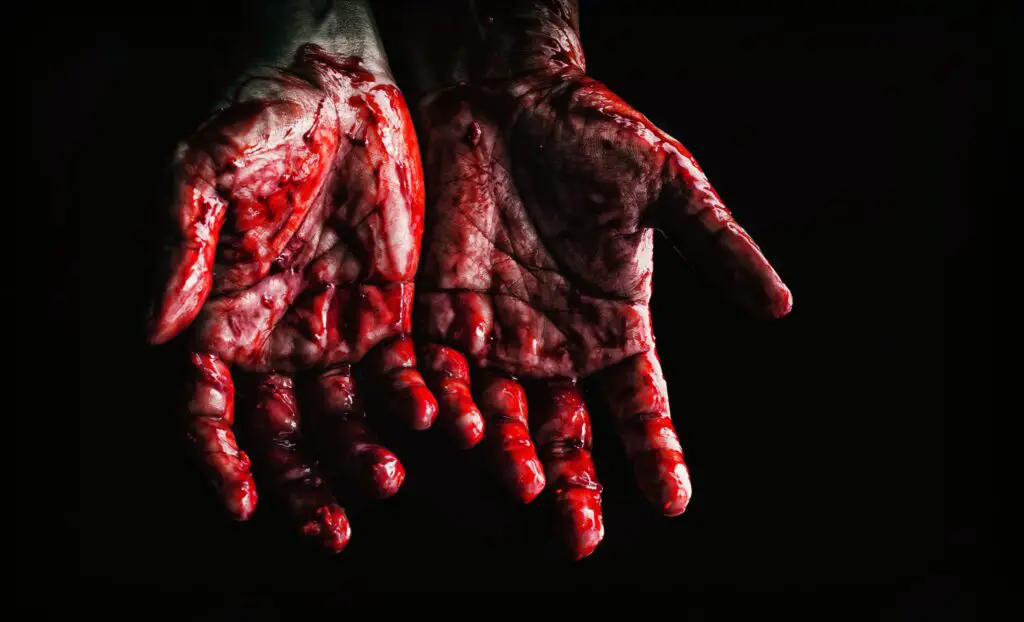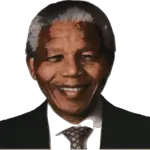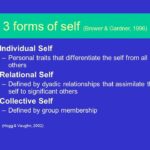May 16, 2022
We hope you enjoy our articles. Please note, we may collect a share of sales or other compensation from the links on this page. Thank you if you use our links, we really appreciate it!
Is it necessary that human society comes to such a pass? Is it necessary that human barbarity comes to such a pass? Understandably human barbarity has been there since the very creation of human society but witnessing it in our very times makes us think about ourselves as human beings, and also where do we stand when such barbaric incidents take place.
Buffalo is not new. Not that such incidents did not happen in the past. Perhaps such incidents will happen in the future. But when we think about this incident in real terms, as if it is happening in our community, involving our kith and kin, we suddenly realize that it is not happening thousands of miles away, but it is happening here and now.
It feels sad to think about the individuals who lost their lives. It also feels sad how a teenager drove a long distance, planning the macabre act in advance. A teenager who should have pursued a career, dreamt about becoming a high paid professional, ended up in a shopping store, and targeted a particular group of people. Who is responsible for this macabre act? Is it a stand-alone act? Or our society as a whole is responsible for this?
Moral exclusion is well known in academic disciplines. In simple terms, it means exclusion of people, who do not share my worldview, from my world. Further, these people can be demonized and targeted without guilt as they are not part of my moral world. While it happened in the past, and in fact any violence can be seen as a form of moral exclusion, it appears it has increased in recent times. Who is responsible for this?
Can a teenager, I am thinking about this teenager who killed ten people, be allowed to use sophisticated weapons? While understanding the importance of gun freedom, and how the second amendment ensures the right to own guns, it is necessary to ask the question how much gun freedom is real freedom? And how many guns, and what types of guns, one needs to feel secure? When there is no freedom in mind, when there is no peace in mind, and when there is continuous fear and anxiety in mind, can a gun actually make one secure?
I think as a society as a whole we have failed ourselves. We have seen rapid strides in science and technology, we fly in the sky, search the ocean floor, touch the surface of the moon, and dream of going to Mars, but our primordial instinct of hate and othering has not gone away. Rather it has persisted and hardened with the use of new technology and social media. The othering of people who do not share my worldview, at the cost of belonging and empathy, seems to have been the defining character of our society and age.
Perhaps I am raising too many questions instead of attempting to answer them. I feel myself a part of this whole story. It is said that an individual is the miniature world, and if there is violence in the world, then every individual partakes in that violence. In that sense, we as individuals have the utmost responsibility to ensure that we root out violence from within ourselves, and then act that nonviolence in our daily conduct. It sounds a Himalayan act, but I do not think there is another way to achieve true peace and harmony in our society.
In one of the debates, I challenged the participants to conceptualize a human society in which human beings have on skin color. I then invited the same participants to think about their conceptions about a particular group of people after reimagining people from that group without skin color. I asked them – will they stick to their preconceived notions?
I believe that nowadays we are too hasty to make judgements, and get the clue for such speedy decisions just by looking at someone’s color, race, gender, religion and such markers of identity. But we all know that there were and there are great souls that transcend all these divisions and all the preconceived notions that emerge from narrow mentality.
I also believe that social media plays a role in bolstering othering. As a technological tool, social media is neutral, but it appears it has been used to promote hate speech, to demonize one group of people, and to undermine the identity of a particular people. The problem is that due to the reach of social media across the world, it is easy to spread the poison at a faster pace. In general, we do not come across great messages of peace, love, empathy and benevolence in social media, but there are ample cases of rigid assertion of one group of ideas over another, often with pernicious implications.
It would not be an exaggeration to argue that human society as a whole has degenerated to a new low. Contrary to predictions that the future of humanity is going to be more peaceful and prosperous, the signs at present do not appear bright. It even feels as if the whole of humanity has sunk. Instead of climbing to a higher consciousness that emerges from a feeling of empathy and belonging, it appears human society is moving faster towards an era of othering and violence. All great human souls across societies have cautioned us about the perils of rigid thinking and othering. But it seems we do not listen to them.
Buffalo teaches us unless we scrutinize ourselves, reexamine our own biases and prejudices, the violence will continue whether at the level of communities, or beyond communities. Certainly, the political leaders and opinion makers and their funders have a larger role to play in this context. They must go through this litmus test: Do they want to envision a peaceful and harmonious world and engage in action to promote such a world, or do they want to engender their rigid vision shaped by othering and violence, and promote a divided and violent world?



